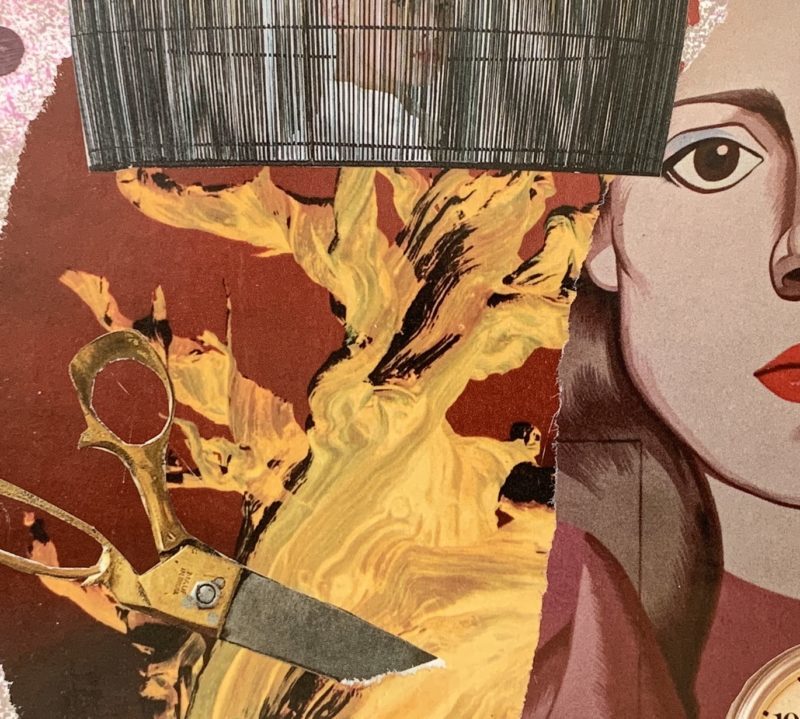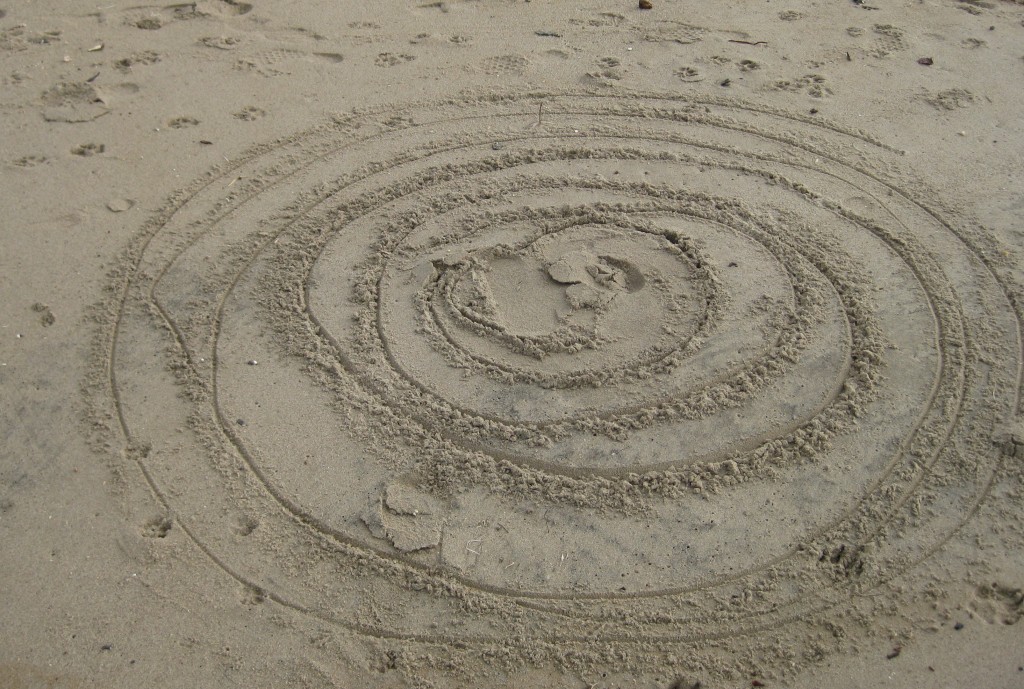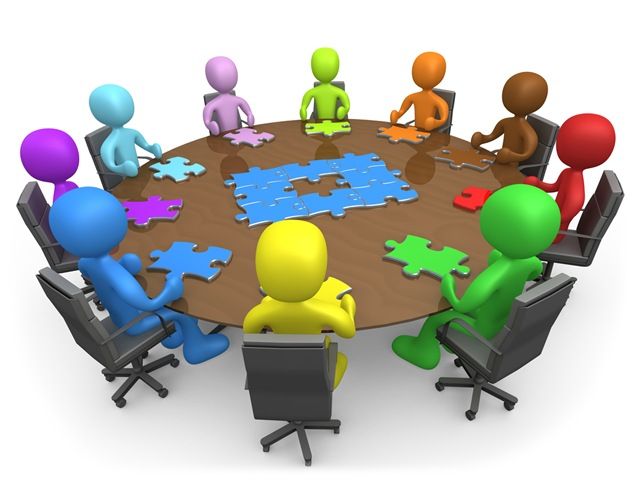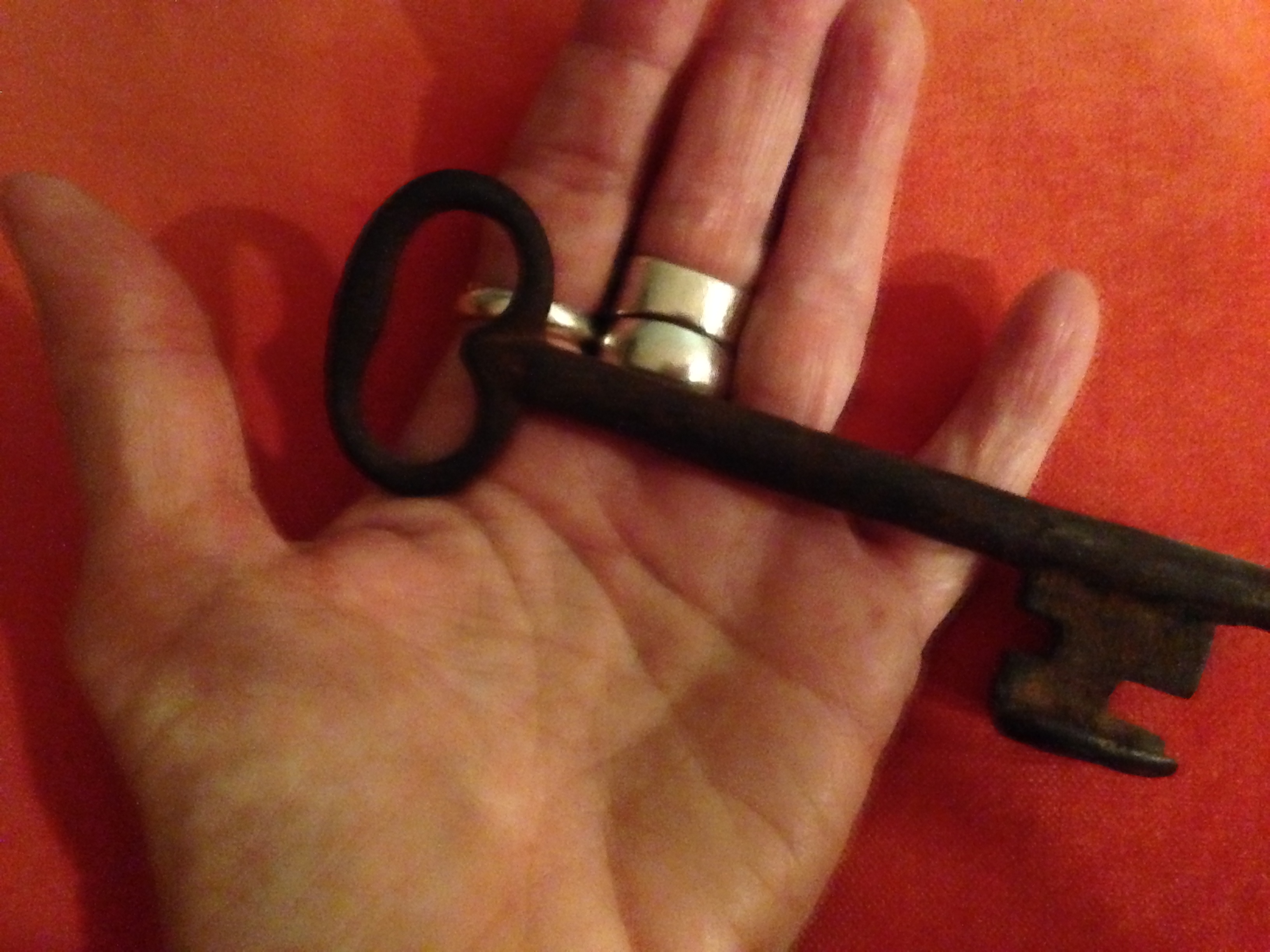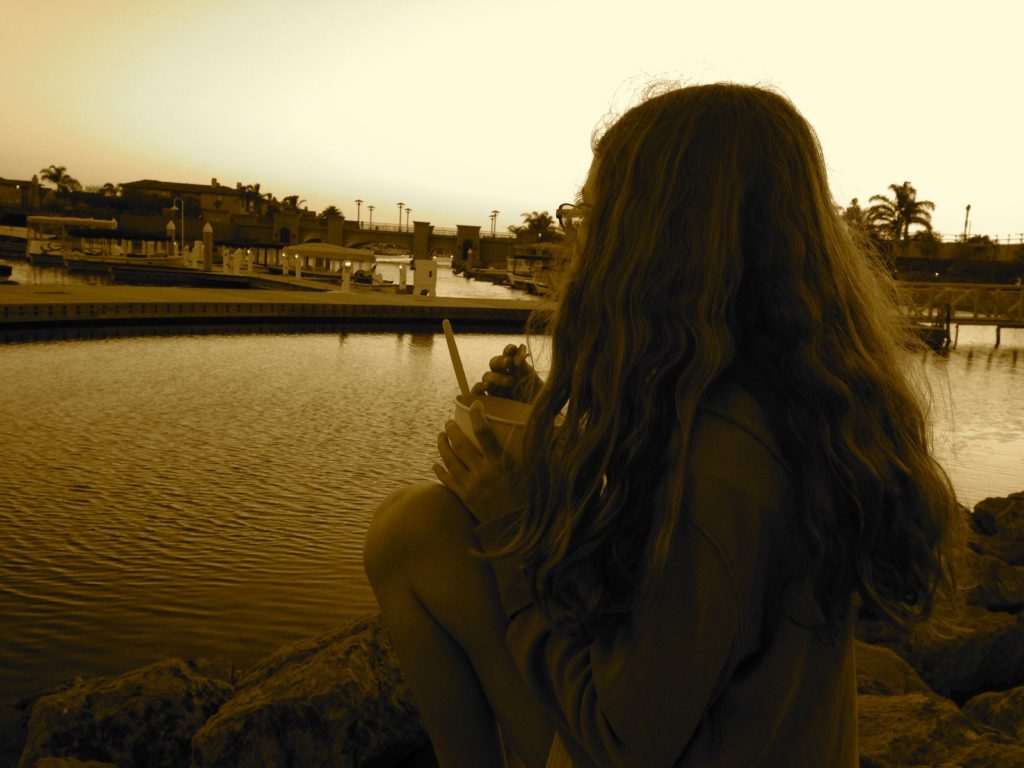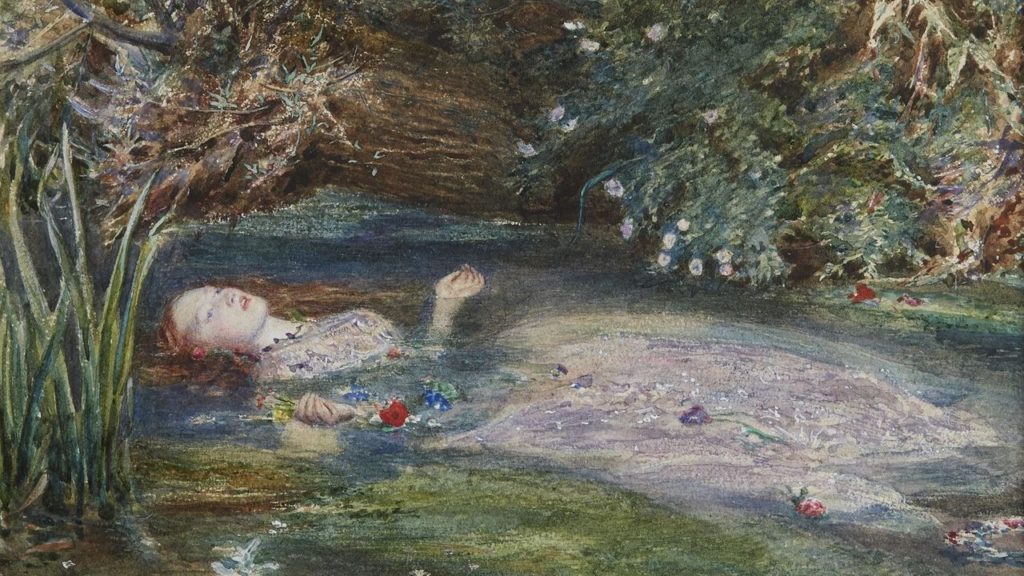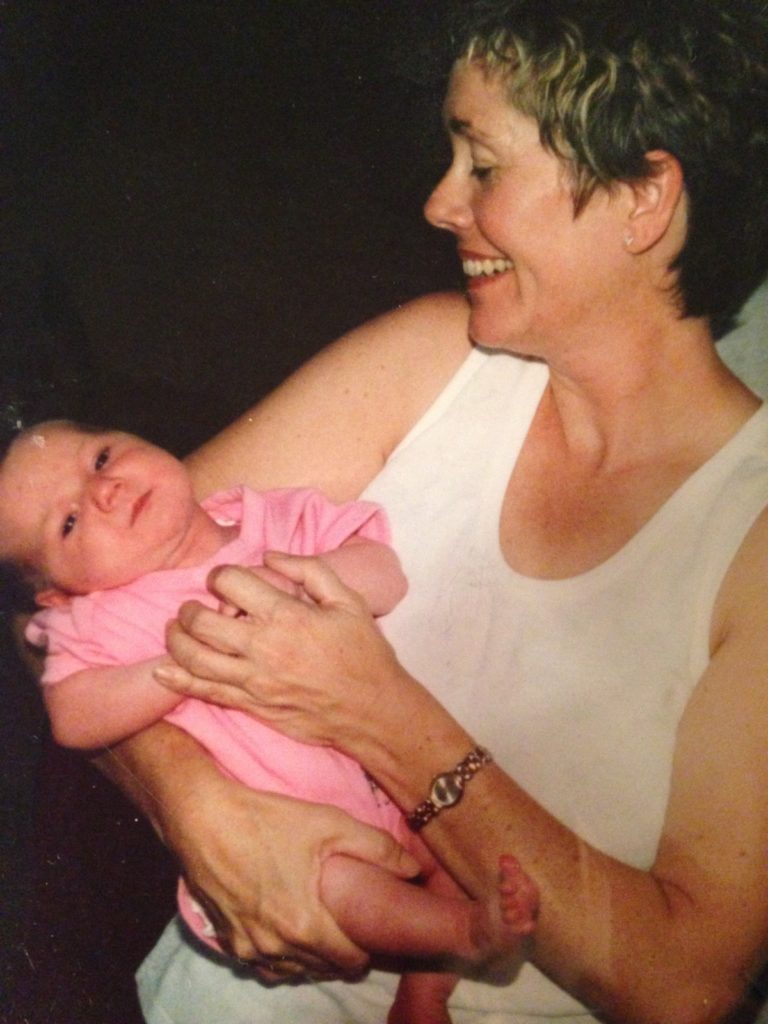
This can turn into multi-generational loss. Without reunion, I would have lost my grandchildren.
Unknown grandchildren
I became a grandmother 13 years ago last week. But here’s the thing. It’s quite likely that I might never have known that I was a grandmother. All three of my grandchildren are my son’s kids, and I relinquished him in a closed adoption as a newborn. Without reunion, I would not know that any of my grandchildren exist. Adoption can result in a multi-generational loss.
Without reunion, this loss would have extended to everyone in my family.My daughters would not be aunts. My mother’s number of great grandchildren would be cut in half. Adoption is a very large stone dropped into the pond of life. The ripples of loss just keep expanding. And with each subsequent generation, the loss expands to include more and more family members. Here’s an essay from the Washington Post where a six-year-old explains it.
Reunion unites a family
Reunion always focuses on the reunion between the birthmother and adoptee. While it may be the central relationship, it’s not the only relationship. Think about your favorite aunt, the cousin who is so close they feel like a sibling, that uncle everyone says you resemble. Reunion unites a family. Not just two people.
I sometimes wonder what my life would be like, had I not met my son. I don’t like to think about it, really. There’s been so much joy in our get-togethers. Four generations of us. Partying, talking, laughing. How would we have survived without each other?
